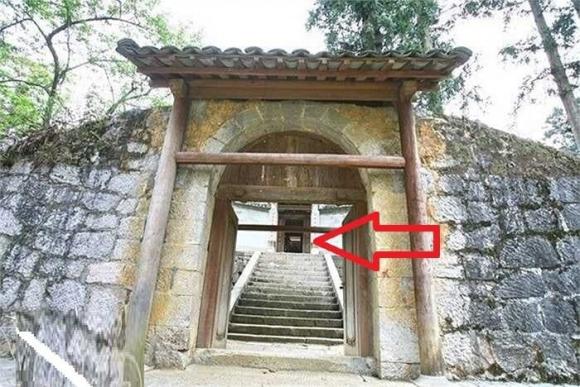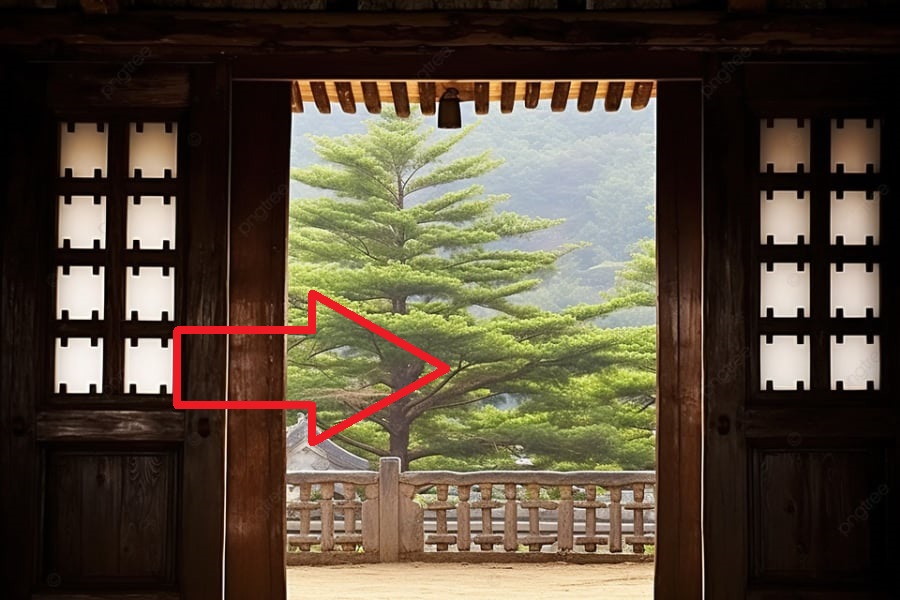Why is it considered unlucky to have two doors facing each other in a house, according to Vietnamese beliefs?
In Vietnamese culture, building a house with two doors directly across from each other is highly discouraged. This belief stems from the concept that such a layout can lead to negative energy flowing directly through the home, causing chaos and potential harm.
Additionally, from a feng shui perspective, having two doors aligned creates a path for wealth and prosperity to escape. It is believed that this arrangement can lead to financial difficulties and even create opportunities for intruders to enter the home, posing a threat to both the occupants’ belongings and their safety.

Doorways and Their Impact on Wealth
When one door directly faces the door of a neighboring house, it is known as “argumentative killing” or “door impact killing” in feng shui terms. This alignment is thought to bring bad luck and unwanted attention to the occupants.
Furthermore, if the two doors are positioned in a straight line, it is believed that the household’s wealth will not remain within the home. This layout is also said to invite unwanted attention and create opportunities for third parties to interfere in the relationship between husband and wife.
Opening doors towards the East, Northeast, Northwest, or North is believed to bring gossip and slander to the male head of the household. Meanwhile, doors facing Southeast, Southwest, or West are thought to invite disputes and legal issues for all family members.

The Impact of Two Doors on Wealth and Harmony
Are there any benefits to having two main doors in a house?
From a feng shui perspective, having two main doors in a house is generally not recommended. The excessive number of doors can make it challenging to control the flow of energy, allowing both positive and negative influences to enter the home. Additionally, the security implications of having multiple entry points can be a cause for concern.
It is crucial to distinguish between the main door and secondary doors, with the largest and most convenient door being designated as the main entrance. It is essential to avoid designing two doors in a straight line to prevent wealth loss and maintain the household’s overall well-being.
This information is based on traditional beliefs and may not be scientifically proven.
The Living Room Feng Shui: 4 Taboos to Avoid for Prosperity.
For those seeking to harness positive energy and prosperity within their homes, it is imperative to heed the advice of Feng Shui experts. They caution against certain seemingly harmless items that can attract negative energy and deplete the vibrant energy of your living space. Uncover the four common culprits often found in living rooms and learn how to transform your space into a haven of positive vibes and good fortune.







































